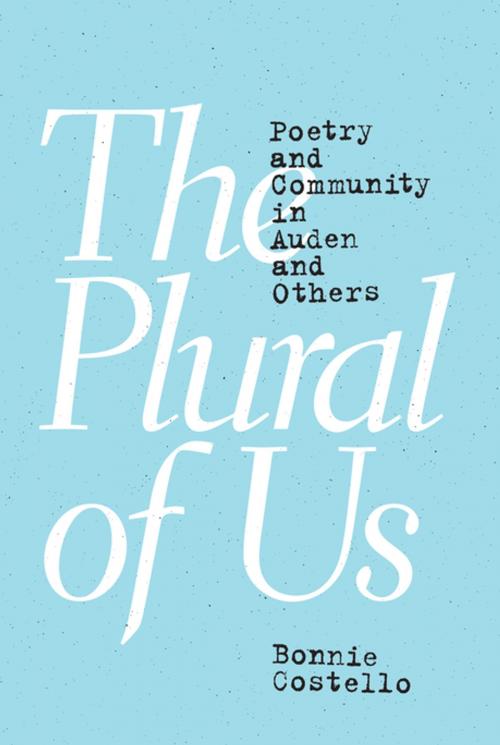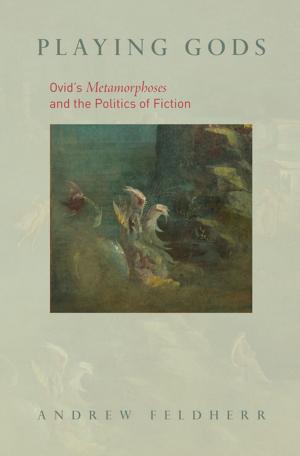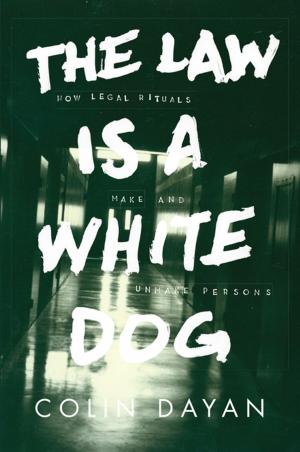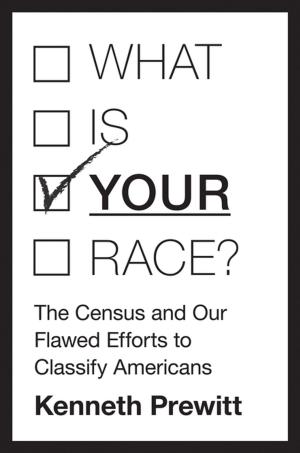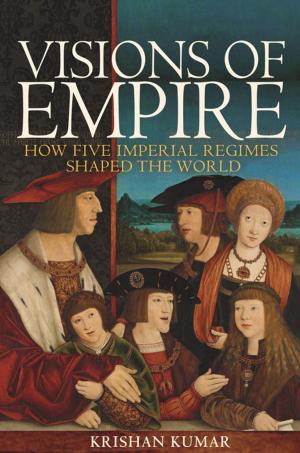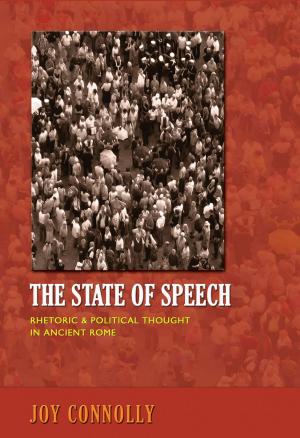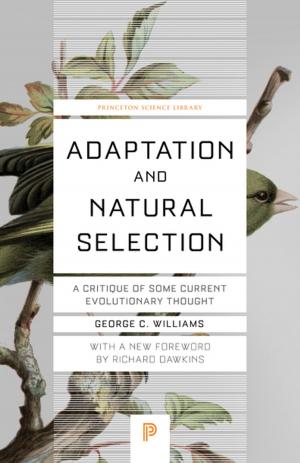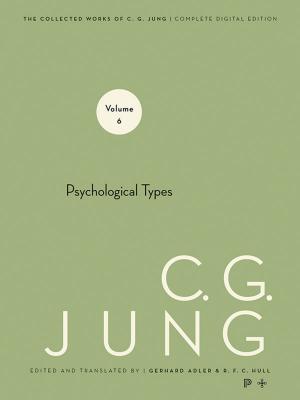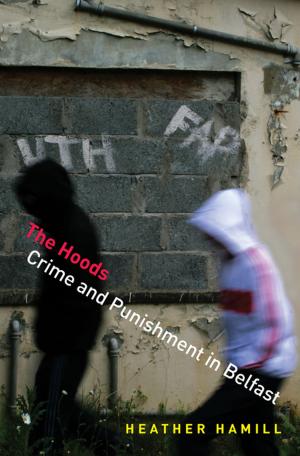The Plural of Us
Poetry and Community in Auden and Others
Fiction & Literature, Literary Theory & Criticism, Poetry History & Criticism, Poetry| Author: | Bonnie Costello | ISBN: | 9781400887873 |
| Publisher: | Princeton University Press | Publication: | October 10, 2017 |
| Imprint: | Princeton University Press | Language: | English |
| Author: | Bonnie Costello |
| ISBN: | 9781400887873 |
| Publisher: | Princeton University Press |
| Publication: | October 10, 2017 |
| Imprint: | Princeton University Press |
| Language: | English |
The Plural of Us is the first book to focus on the poet’s use of the first-person plural voice—poetry’s “we.” Closely exploring the work of W. H. Auden, Bonnie Costello uncovers the trove of thought and feeling carried in this small word. While lyric has long been associated with inwardness and a voice saying “I,” “we” has hardly been noticed, even though it has appeared throughout the history of poetry. Reading for this pronoun in its variety and ambiguity, Costello explores the communal function of poetry—the reasons, risks, and rewards of the first-person plural.
Costello adopts a taxonomic approach to her subject, considering “we” from its most constricted to its fully unbounded forms. She also takes a historical perspective, following Auden’s interest in the full range of “the human pluralities” in a time of particular pressure for and against the collective. Costello offers new readings as she tracks his changing approach to voice in democracy. Examples from many other poets—including Walt Whitman, T. S. Eliot, Elizabeth Bishop, and Wallace Stevens—arise throughout the book, and the final chapter offers a consideration of how contemporary writers find form for what George Oppen called “the meaning of being numerous.”
Connecting insights to philosophy of language and to recent work in concepts of community, The Plural of Us shows how poetry raises vital questions—literary and social—about how we speak of our togetherness.
The Plural of Us is the first book to focus on the poet’s use of the first-person plural voice—poetry’s “we.” Closely exploring the work of W. H. Auden, Bonnie Costello uncovers the trove of thought and feeling carried in this small word. While lyric has long been associated with inwardness and a voice saying “I,” “we” has hardly been noticed, even though it has appeared throughout the history of poetry. Reading for this pronoun in its variety and ambiguity, Costello explores the communal function of poetry—the reasons, risks, and rewards of the first-person plural.
Costello adopts a taxonomic approach to her subject, considering “we” from its most constricted to its fully unbounded forms. She also takes a historical perspective, following Auden’s interest in the full range of “the human pluralities” in a time of particular pressure for and against the collective. Costello offers new readings as she tracks his changing approach to voice in democracy. Examples from many other poets—including Walt Whitman, T. S. Eliot, Elizabeth Bishop, and Wallace Stevens—arise throughout the book, and the final chapter offers a consideration of how contemporary writers find form for what George Oppen called “the meaning of being numerous.”
Connecting insights to philosophy of language and to recent work in concepts of community, The Plural of Us shows how poetry raises vital questions—literary and social—about how we speak of our togetherness.
